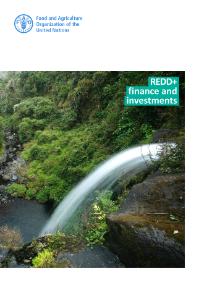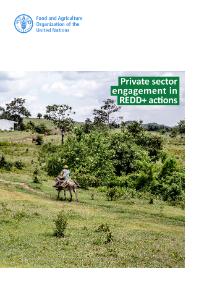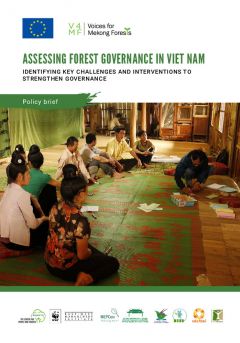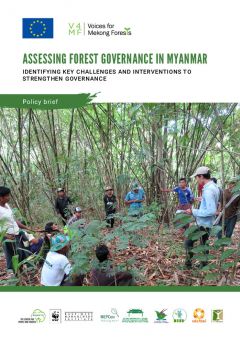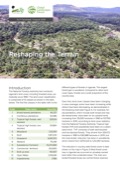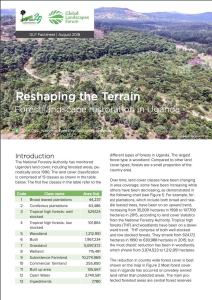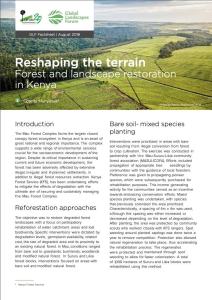REDD+ finance and investments
To implement the ambitious REDD+ actions required to halve deforestation and forest degradation, developing countries need to adopt innovative and ambitious financing approaches. Financing to shift land-based investments and achieve deforestation-free commodity production is estimated at USD 200 billion, of which approximately USD 17-28 billion is needed for REDD+, an ambitious amount given the current level of climate finance.

